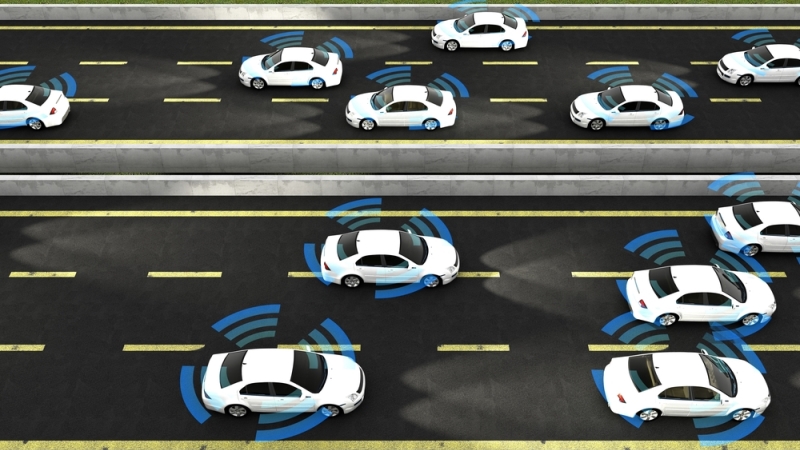
Automation is inescapable, but that doesn’t mean jobs will be lost, according to Cathy Engelbert, CEO of Deloitte.
Engelbert said in a LinkedIn post that new types of jobs will arise from the adoption of autonomous vehicles.
“A balanced approach means acknowledging that, yes, rideshare drivers in urban areas are likely going to see job changes and job pressures,” Engelbert said. “Long-haul truckers, too, although likely later and more slowly. But it also means appreciating that new, potentially higher-value jobs are also likely to emerge, and that there can be society-wide benefits to these changes.”
Engelbert said that the number of professional drivers in the United States and what they represent to the population makes people nervous about the potential job loss. There are about 4 million drivers in the United States, excluding those who work for ride-sharing services, according to the Bureau of Labor Statistics. Also, taxi driving has been a way for immigrants to gain work in the United States, with 94 percent of New York yellow cab drivers having been born outside of the United States, according to the New York City Taxi and Limousine Commission.
Engelbert said that autonomous vehicle fleets will be introduced in 2020 and will gradually overtake the market. However, as this occurs, there will be an increase in the need for travel aids for aging adults, and vehicle fleet maintenance and monitoring personnel. The cheaper cost of transportation combined with the abilities of smart cities could provide increased access to healthcare, efficient energy, and different jobs.
Even as autonomous trucking technology becomes available, Engelbert predicts that trucks will still need a human monitor in the cab who can assist by navigating city centers and ensuring that goods are delivered safely.
“The jobs that remain could be less fatiguing and require shorter stints away from home,” Engelbert said. “Much depends, of course, on how both technology and regulation evolve, but we may find that there is a soft landing, as the current generation of truckers ages out and self-driving systems mature and become more widely adopted.”
The Obama Administration released a report in December on the effects that automation and artificial intelligence will have on the economy, which found that it could increase living standards and leisure hours, but it could also increase economic inequality. The report said that the employees that would see the most pressure from automated technology are lower paid, lower skilled, and less educated.
“This means that automation will continue to put downward pressure on demand for this group, putting downward pressure on wages and upward pressure on inequality,” stated the report.
The report compared the economic inequality that artificial intelligence could cause to the plight of factory workers in the Industrial Revolution. The overall population benefited from the rise in mass production, however skilled artisans who were used to overseeing the full production process of an item saw their livelihoods threatened by lower-skilled workers in the 19th Century.
“Throughout history, automation has often helped increase labor productivity and focused workers on the higher value-added elements of work,” Engelbert said. “Just think how factory automation has reduced the back-breaking parts of many jobs and shifted the emphasis toward higher-skilled machine operating. Similarly, why wouldn’t we want drivers to do more valuable, productive work, provided we can ease the transition for those displaced?”
